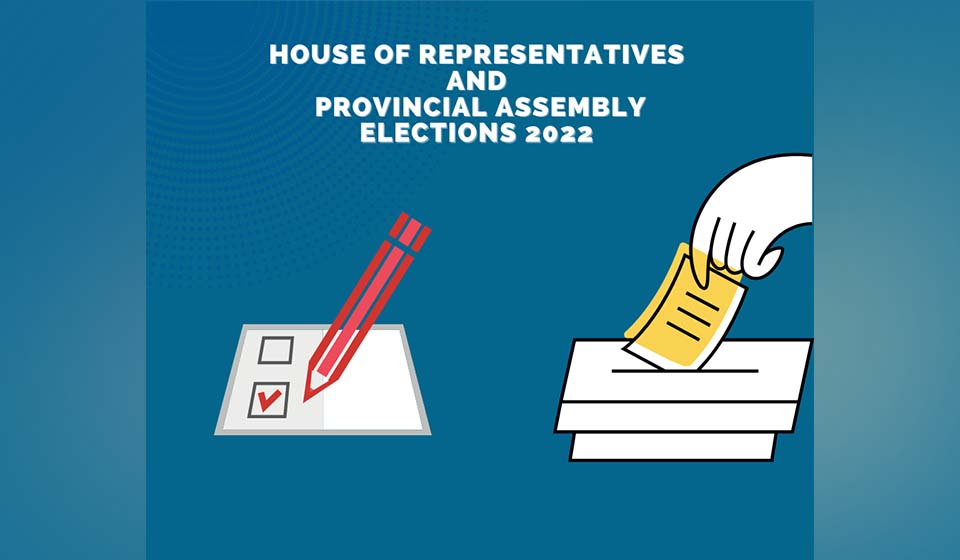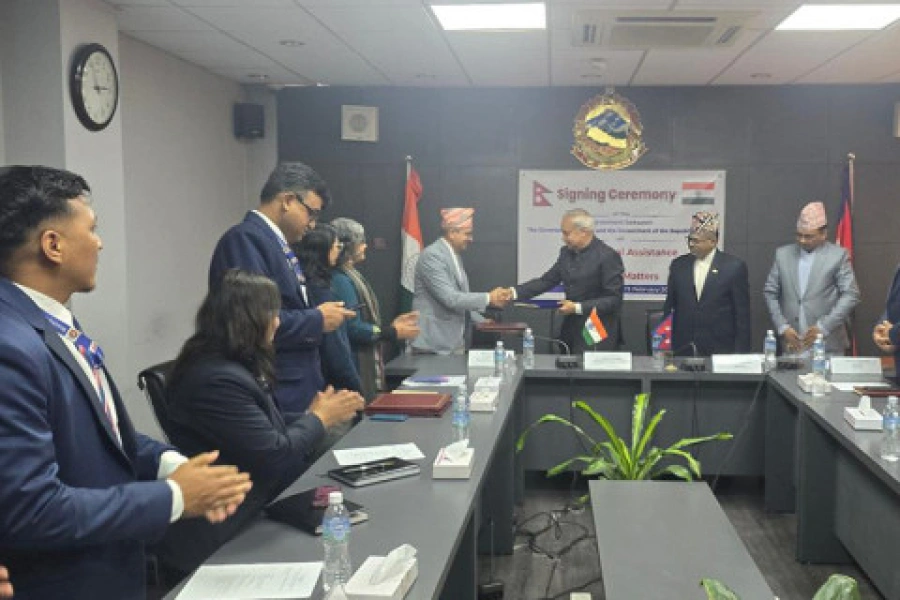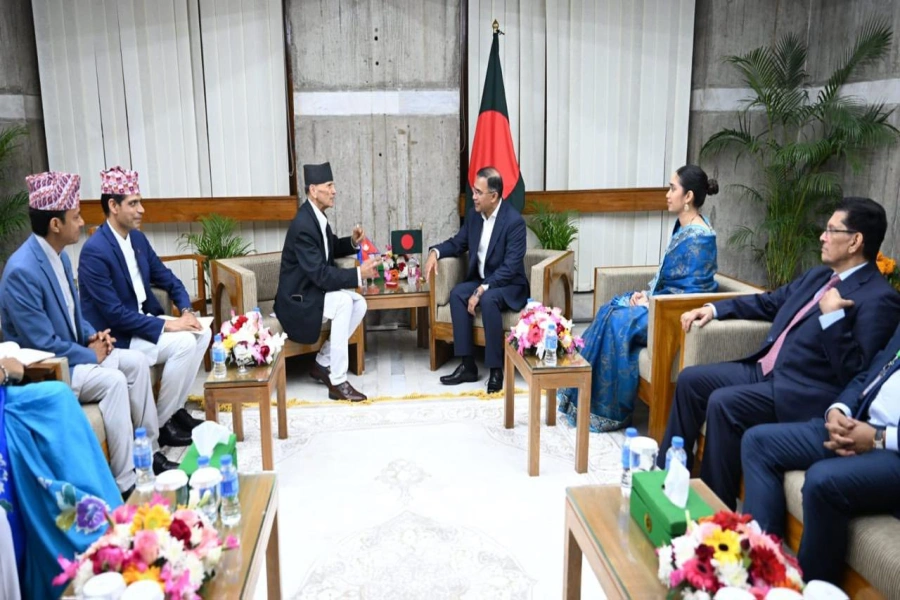KATHMANDU, March 18: Between three to eleven security personnel would to be deployed in each polling booth depending on the security sensitivity of the given location, according to the election security work plans submitted by security agencies to the the Election Commission on Friday.
The security agencies have categorized areas across the country into three groups -- extremely sensitive, sensitive and normal zone. Each booth in extremely sensitive zone will get 11 security personnel from Nepal Police and temporary police while booths in other zones will get four and three security personnel respectively. A polling station could have up to six booths.
There will be 21,000 polling stations across the country.
An additional two layers of security personnel from the Armed Police Force and Nepal Army would guard the polling stations from outside and patrol the periphery.
EC designates seven polling centers, 14 polling stations for Na...

Besides submitting the polls security work plan, Home Secretary Lok Darshan Regmi and high-ranking officials from all security agencies also briefed the Election Commission on the potential challenges in maintaining law and order during the polls and the security plans they have in place.
The briefing was based on the report prepared by the Central Security Committee (CSC), the lead agency overseeing arrangement and deployment of security forces and handling overall security affairs. The plans were drafted with inputs from the Nepal Army, Nepal Police, Armed Police Force and National Investigation Department (NID).
Based on a detailed security assessment report and threat analysis reports, the CSC has identified 1847 places as extremely sensitive zones, 4,260 places as sensitive zones, and 5,526 places as normal zones.
“For example, places like Kathmandu and Chitwan fall in the sensitive category while Pokhara is in the normal category. Most of the places in the tarai plains fall in extremely sensitive zones,” said an official of the Election Commission, who refused to be named citing sensitive nature of the information.
As the country looks all set to go to polls on May 14, maintaining law and order remains one of the biggest challenges for the government. Officials at the Ministry of Home Affairs said that it is going to be especially challenging to hold polls in the tarai plains, the support base of the agitating Madhesi parties and various underground armed outfits.
Since promulgation of the constitution in 2015, various districts have been embroiled in deadly violence resulting in dozens of deaths.
An estimated 226,000 security personnel including intelligence officials are likely to be deployed during the polls, according to MoHA officials.
Though the number is subject to change, plans are afoot to mobilize 54,000 personnel from Nepal Police, 30,000 from APF, 1,000 from NID, while NA personnel would provide backup security. Similarly, plans are underway to recruit around 75,000 temporary police personnel for the poll purpose.





































